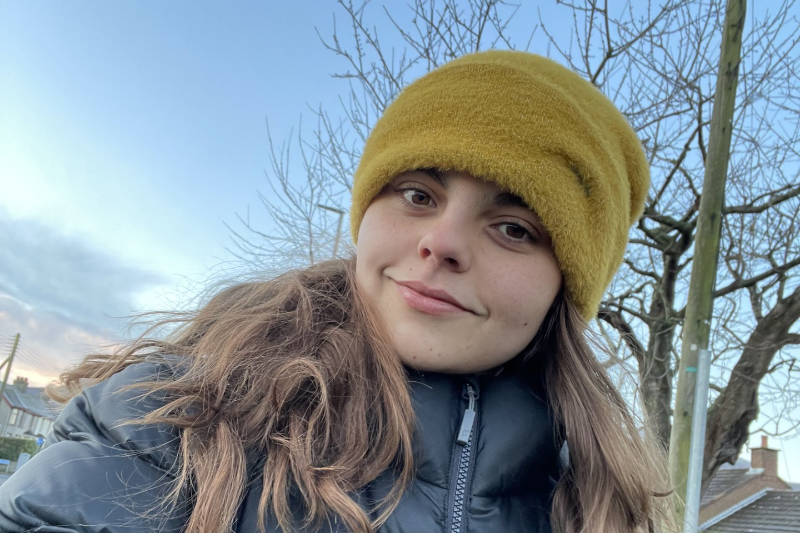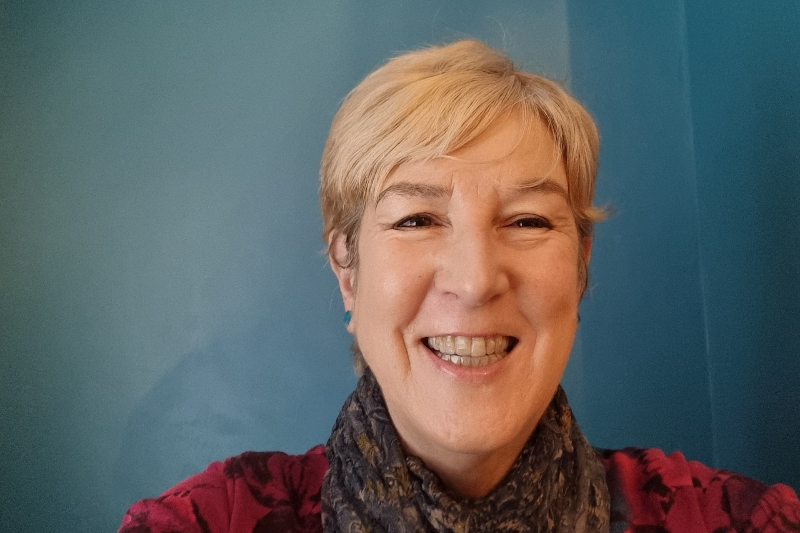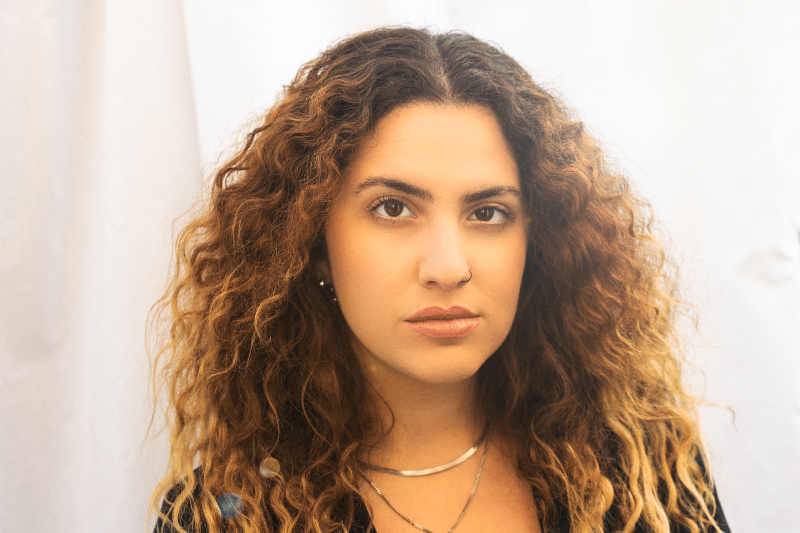Multispecies Hopescapes: Weaving human-soil relations in Ecuador and Northern Ireland
With the growing insecurity caused by the current climate emergency, community growing projects have increased in recent years in both Ecuador and Northern Ireland. Community growing projects are spaces in which humans and more-than-humans are entangled in intimate, multiple, and complex ways. These projects are grounded in the ethos of permaculture— ‘earth care, people care, and fair share’—serving as counter-narratives to the dominant paradigms of neoliberal extractivism. Instead, they emphasize interconnectedness and co-creation between humans and the more-than-human world. Indeed, permaculture emerges as a movement through which humans and the natural world collaboratively reimagine ways of living and dying grounded on more embodied, situated, and attentive engagement with the natural world. This research explores the transformative potential of community growing projects as spaces of multispecies care, hope, and socio-environmental activism in response to the climate emergency. By conducting a multispecies ethnography, I explore the transformative potential of two collaborative growing initiatives: Guardianes de la Semilla in Ecuador and Seed Saver groups in Northern Ireland. I ask, what sorts of care emerge through embodied human-soil relations? How do these practices—including seed saving and composting—weave hopeful and caring futures, and what possibilities do they create for multispecies flourishing?
Primary Supervisor: Dr John Knight
Secondary Supervisor: Dr Amanda Slevin

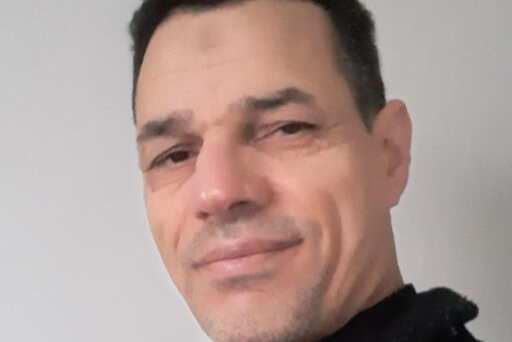
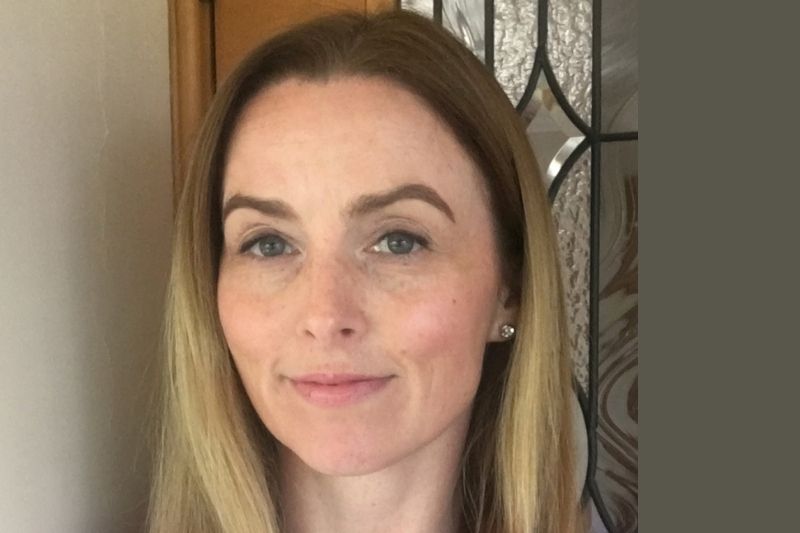
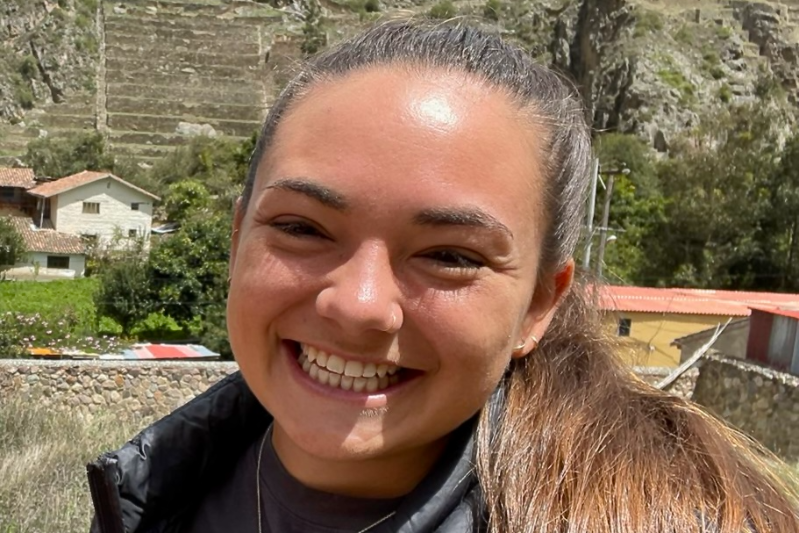
-fotor-2023122216256.png)
